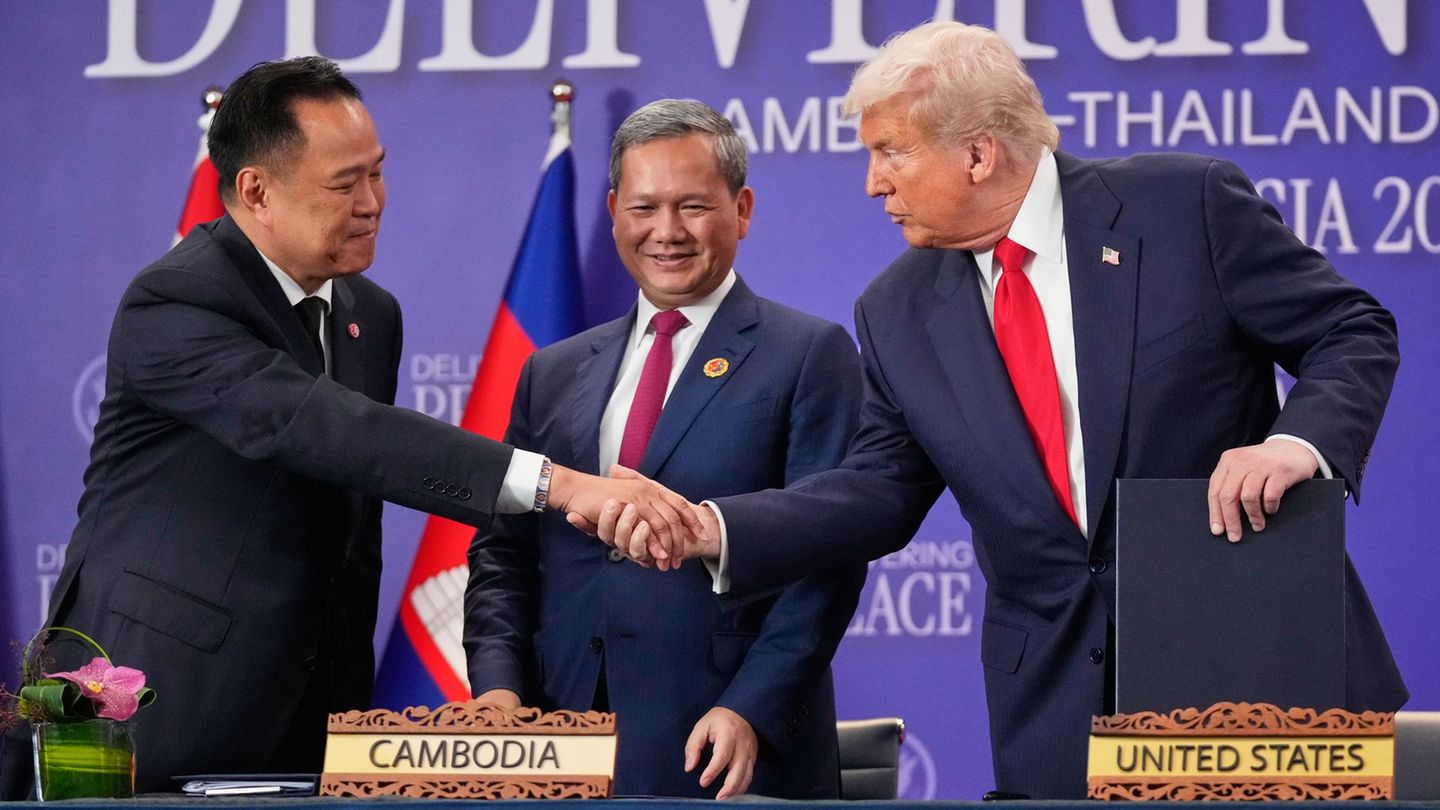After misunderstandings emerged, Virginia Romero explained what is proposed in the bill that the Executive will send to Parliament.
The president of the Retirement and Pension Fund for University Professionals (Cjppu), Virginia Romero, stated that those who declare not to be in office should not contribute within the framework of the reform bill—after the social security reform in Uruguay-, unlike what was revealed at first.
The content you want to access is exclusive to subscribers.
“Since April 2022, the issue is not in our proposal. Incorrectly, they read the article 68 of the law and they think that topic came back. Due to ignorance, things are said that are not true,” explained the head of the Professionals Fund in dialogue with the Informal Breakfast program.


In that sense, Romero explained that the initiative that will be presented at the Parliament by the government does not imply “any modification” to what it had been considering applying. This means that the payment would be applied only in the event that the person changes status to non-practice and then, within a year, returns to practice.
“There you are charged a fee, which is an expense that today is set at 7,000 pesos“, clarified the president of the Cjppu, who added that, outside of that scenario, “if a person comes and declares no exercise, they have nothing to pay.” “And if he does it over a period of more than a year, he doesn’t have anything to pay either,” she added.
A long-term reform
Romero also reported on the critical situation that the Professionals Fund is going through, to the point of needing a rescue from the State: “Every month we pay 42 million dollars in benefits, and they earn 39 million dollars. That is covered with the financial reserves that we have,” he explained.
In this regard, the reform aims to overcome the financial bankruptcy scenario which is expected for 2025. Even so, “we are seeing when we would have positive numbers, But during the first eight years we still have to have leverage (from the State) because the effects are not seen,” said the president of the institution.
“This law solves the problem, because at some point the issue balances, but we have to see when State assistance is no longer needed and we balance income and expenses again. The first years will continue to be deficient, we have to see when the effects of the reforms begin to take effect,” he added.
With this context, the leader hopes that once the cash situation is stabilized, they can “be in a position to study contribution changes that may benefit.”
Source: Ambito




